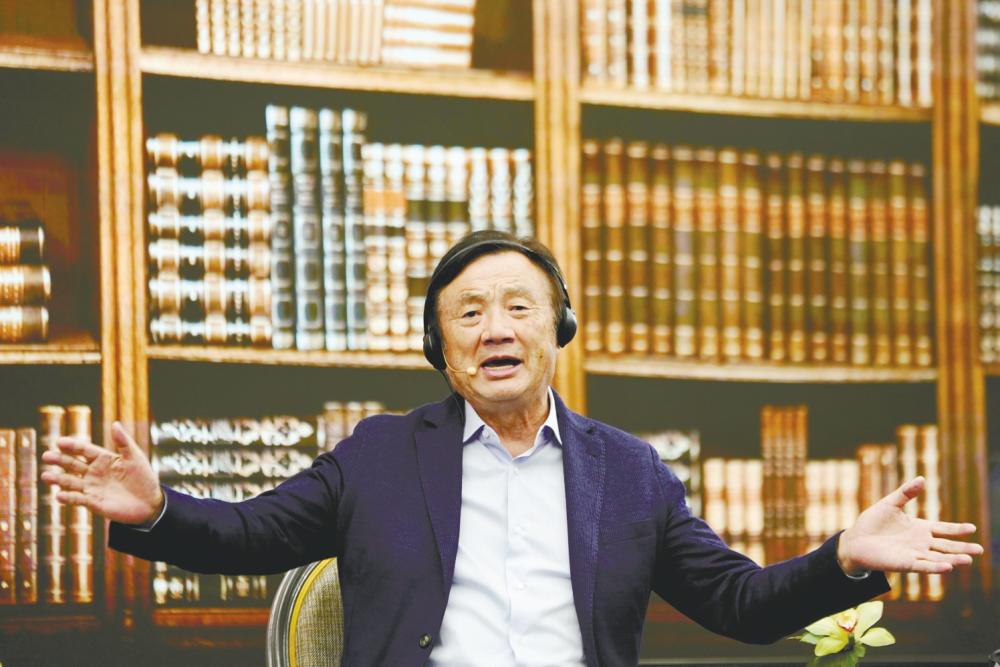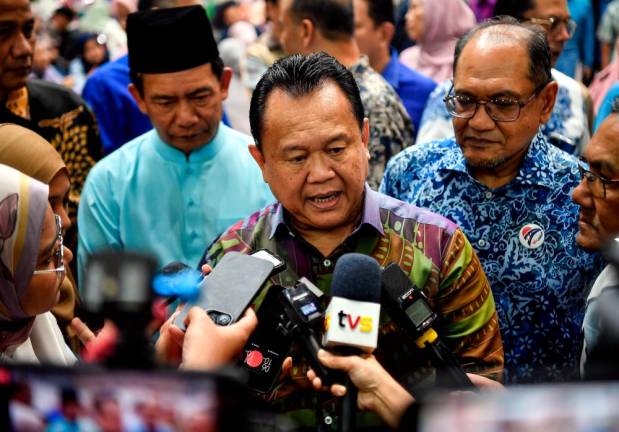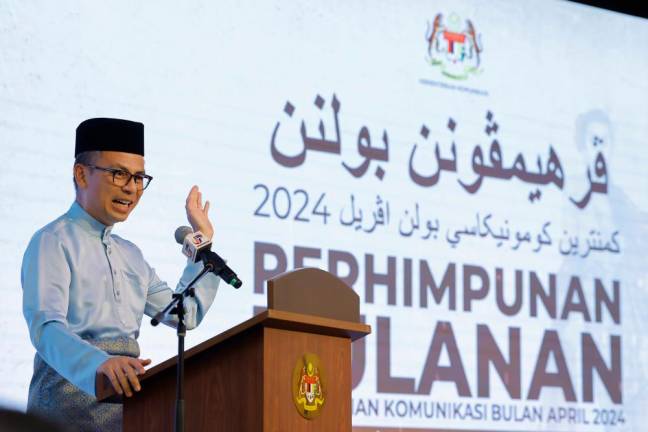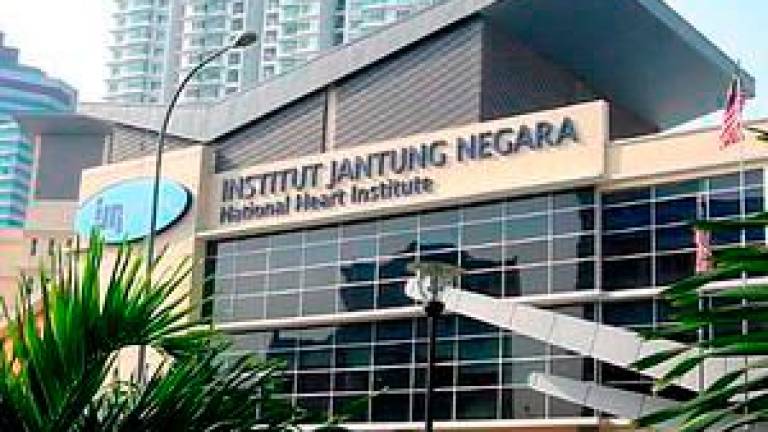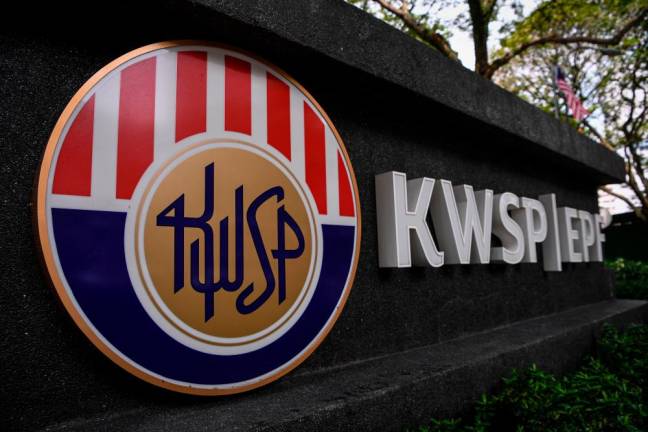HONG KONG: China’s Huawei Technologies Co Ltd has taken a harder-than-expected hit from a US ban, the company’s founder and CEO Ren Zhengfei said, and slashed revenue expectations for the year.
Ren’s downbeat assessment that the ban will hit revenue by US$30 billion (RM125 billion), the first time Huawei has quantified the impact of the US action, comes as a surprise after weeks of defiant comments from company executives who maintained Huawei was technologically self-sufficient.
The United States has put Huawei on an export blacklist citing national security issues, barring US suppliers from selling to the world’s largest telecommunications equipment maker and No. 2 maker of smartphones, without special approval. However, the company has been granted a 90-day reprieve.
The firm has denied its products pose a security threat.
The ban has forced companies, including Alphabet Inc's Google and British chip designer ARM to limit or cease their relationships with the Chinese company.
Huawei had not expected that US determination to “crack” the company would be “so strong and so pervasive”, Ren said, speaking at the company’s Shenzhen headquarters today.
“We did not expect they would attack us on so many aspects,” Ren said, adding he expects a revival in business in 2021.
“We cannot get components supply, cannot participate in many international organisations, cannot work closely with many universities, cannot use anything with US components, and cannot even establish connection with networks that use such components.”
Huawei, which turned in a revenue of 721.2 billion yuan (RM432.7 billion) last year, expects revenue of around US$100 billion this year and the next, Ren said. This compares to an initial target for a growth in 2019 to between US$125 billion and US$130 billion depending on foreign exchange fluctuations.
Ren was asked if he could confirm media reports citing anonymous sources which said its overseas smartphone sales had fallen by up to 40%. “Yes, (sales) have fallen 40%,” he said.
Ren gave no further details on the sales plunge but a Huawei spokeswoman later clarified that he was referring to a 40% fall from May to June in the wake of the US blacklist.
Ren added, however, that sales growth in China's domestic market remained “very fast”.
Huawei was the world's number two smartphone producer last year, ahead of Apple and behind South Korea’s Samsung, as well as the largest provider of telecom networking equipment.
Huawei has said it shipped a total of 206 million smartphones in 2018, about half in China and half overseas.
Ren, 74, said Huawei planned to cut production by US$30 billion over the next two years to ride out the storm. He did not specify which lines of business would be hit most.
Huawei earned just over US$100 billion in revenue in 2018, so a US$30 billion reduction would equate to about 30% of last year's overall business.
But Ren, who compared Huawei to a damaged but still-flying aircraft, added that he expected the company to soon back on track. “In 2021, we will regain our vitality and (continue to) provide services to human society,” he said.
The Trump administration slapped sanctions on Huawei at a time when US-China trade talks hit rough waters, prompting assertions from China’s leaders about the country’s progress in achieving self-sufficiency in the key semiconductor business.
Huawei has also said it could roll out its Hongmeng operating system (OS), which is being tested, within nine months if needed, as its phones face being cut off from updates of Google’s Android OS in the wake of the ban.
But industry insiders have remained sceptical that Chinese chip makers can quickly meet the challenge of supplying Huawei’s needs and those of other domestic technology firms.
Two US tech experts, George Gilder and Nicholas Negroponte, also joined the session.
Negroponte, founder of the Massachusetts Institute of Technology Media Lab, said the US ban was a mistake.
“Our president has already said publicly that he would reconsider Huawei if we can make a trade deal. So clearly that is not about national security,” he said.
“It is about something else,” Negroponte added.
Huawei’s smartphone sales have, however, been hit by the uncertainty. Ren said the firm’s international smartphone shipments plunged 40%. While he did not give the time period, a spokesman clarified the CEO was referring to the past month.
Bloomberg reported on Sunday that Huawei was preparing for a 40-60% drop in international smartphone shipments.
The CEO, however, said Huawei will not cut research and development spending despite the expected hit from the ban to the company’s finances and would not have large-scale layoffs.



